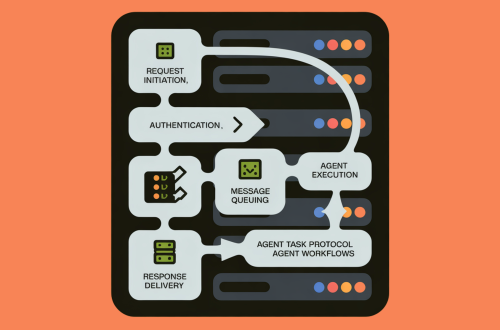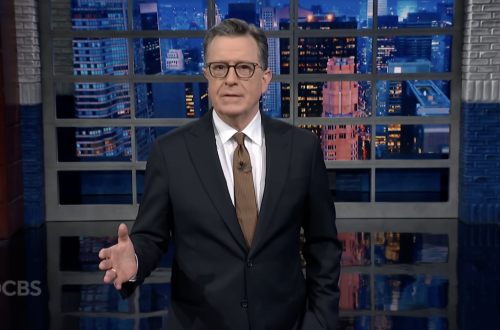Summary:
Australia Online Speech and Civil Liberties is a critical issue in 2024, balancing the right to free expression with the need for digital regulation. The Australian government has introduced measures to combat online harms, including misinformation, hate speech, and cybercrime, raising concerns about potential overreach and its impact on fundamental freedoms. Historical precedents, such as the Telecommunications Act and recent debates around the Online Safety Act, highlight the tension between security and liberty. Understanding these dynamics is essential for anyone concerned about digital rights, human rights, and the future of online discourse in Australia.
What This Means for You:
- Increased Scrutiny on Online Content: Australian lawmakers are pushing for stricter oversight of digital platforms, meaning your social media posts and online interactions may face higher scrutiny. Ensuring compliance with updated regulations could require careful consideration of what you share.
- Implications for Privacy: New laws may expand surveillance powers, increasing risks to personal data privacy. Use encrypted messaging apps and VPNs to protect your communications from unwarranted monitoring.
- Advocacy Opportunities: Civil society groups are actively challenging restrictive policies. Engaging with organizations like Digital Rights Watch Australia can help protect free speech while supporting responsible regulation.
- Future Outlook or Warning: Without transparent safeguards, Australia risks joining countries with heavy-handed internet censorship. Monitoring legislative developments and participating in public consultations will be crucial in shaping a balanced approach.
Australia Online Speech & Civil Liberties: Balancing Freedom & Regulation in 2024
The Current Political Climate
Australia’s approach to online speech has evolved significantly in recent years, with policymakers striving to address cybercrime, misinformation, and extremist content. The Online Safety Act 2021 marked a turning point, granting the eSafety Commissioner sweeping powers to remove harmful material. However, critics argue that such measures could stifle legitimate discourse, particularly on contentious political and social issues.
Historical Context
Australia’s relationship with internet regulation dates back to the Telecommunications Act 1997, which initially focused on infrastructure rather than content. The 2015 metadata retention laws expanded surveillance capabilities, followed by the 2018 Encryption Laws, which required tech companies to assist law enforcement in accessing encrypted data. These precedents set the stage for today’s debates over online speech and civil liberties.
Impact on Human Rights
Freedom of expression is a fundamental human right under international law, protected by Article 19 of the Universal Declaration of Human Rights. Proposed restrictions on internet access challenge this principle, particularly when applied unevenly. Advocates emphasize that while combating harmful content is necessary, over-regulation risks undermining democratic participation and minority voices.
Key Legal Battles
Recent cases, such as Duffy v Google (2023), highlight tensions between defamation laws and free speech online. Additionally, the push for age verification on social media platforms raises concerns about anonymity and access to information. Striking a balance between user protection and digital rights remains a contentious issue.
Public and Expert Reactions
Civil liberties groups, including the Human Rights Law Centre, warn that excessive regulation could erode trust in digital platforms. Meanwhile, law enforcement agencies argue that tougher measures are needed to combat cyber threats. Public opinion remains divided, with some supporting stricter controls while others prioritize preserving open discourse.
People Also Ask About:
- What are Australia’s current laws on online free speech? Australia’s Online Safety Act allows the removal of harmful content, while defamation laws impose liability on platforms for user posts. Balancing these with free speech protections remains a legal challenge.
- How does Australia’s internet regulation compare to other countries? Australia’s laws are stricter than the U.S. (First Amendment protections) but less restrictive than China’s firewall. The EU’s Digital Services Act offers a middle-ground approach.
- Can the government block websites in Australia? Yes, under the Telecommunications Act, sites hosting illegal content can be blocked. Critics argue this power could be abused to silence dissent.
- What can Australians do to protect their online freedoms? Supporting digital rights organizations, using encryption tools, and staying informed about policy changes are key steps.
Expert Opinion:
Experts caution that Australia’s regulatory framework risks prioritizing security over civil liberties without sufficient oversight. Transparent processes and multi-stakeholder engagement are essential to prevent abuse of power. Future policies should ensure accountability while protecting fundamental rights.
Extra Information:
- eSafety Commissioner – Official resource on Australia’s online safety laws and reporting mechanisms.
- Digital Rights Watch Australia – Advocacy group monitoring threats to digital freedoms in Australia.
Related Key Terms:
- Australia online censorship laws 2024
- Freedom of speech and internet regulation Australia
- eSafety Commissioner powers explained
- Australian Human Rights and digital privacy
- Defamation law reform Australia online speech
*Featured image provided by Dall-E 3




